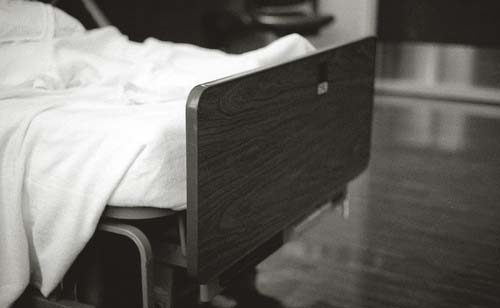
A 29-year-old Qatari man who was diagnosed with Middle East Respiratory Syndrome last month has died, the Supreme Council of Health said.
The man, who suffered from chronic illnesses, had been in critical condition in Hamad Hospital for nearly three weeks until his death on Friday. He was the youngest patient so far to have been diagnosed with the disease in Qatar.
Last week, a 56-year-old Qatari woman who was also said to have several “risk factors” died of MERS in Doha.
They are the first two MERS-related deaths to take place inside of Qatar. However, a Qatari man diagnosed with MERS last fall succumbed of his illness at a London hospital over the summer.
Meanwhile, a 59-year-old Qatari man who came down with MERS after visiting Saudi Arabia last month has been discharged from the hospital after recuperating from the virus, the SCH said.
Latest figures
According to the latest data released by the World Health Organization, some 110 people have been diagnosed with the virus, resulting in 52 deaths.
But the numbers do not yet reflect the latest Qatari death, or the four more MERS cases reported in Saudi Arabia, two of them deaths, that occurred over the past week, CIDRAP reports.
MERS, which hails from the same family of coronaviruses as SARS, was first discovered last September in the Gulf. It presents as a severe respiratory infection that can cause breathing difficulties, fever and cough.
The virus spreads through close human-to-human contact. The exact cause remains unknown, though scientists suspect it has animal origins.
So far, most of the those who have come down with the virus and not recovered have suffered from chronic illnesses such as diabetes or asthma.
The SCH has said it is keeping close watch on acute respiratory infections in Qatar, especially among patients who have traveled abroad. The man who died yesterday, however, was not thought to have left the country before contracting MERS.
Anyone with questions or concerns about the virus can call the SCH’s 24-hour hotline at +974-6674-0951.
Thoughts?
Credit: Photo for illustrative purposes only by Kirk Teetzel
